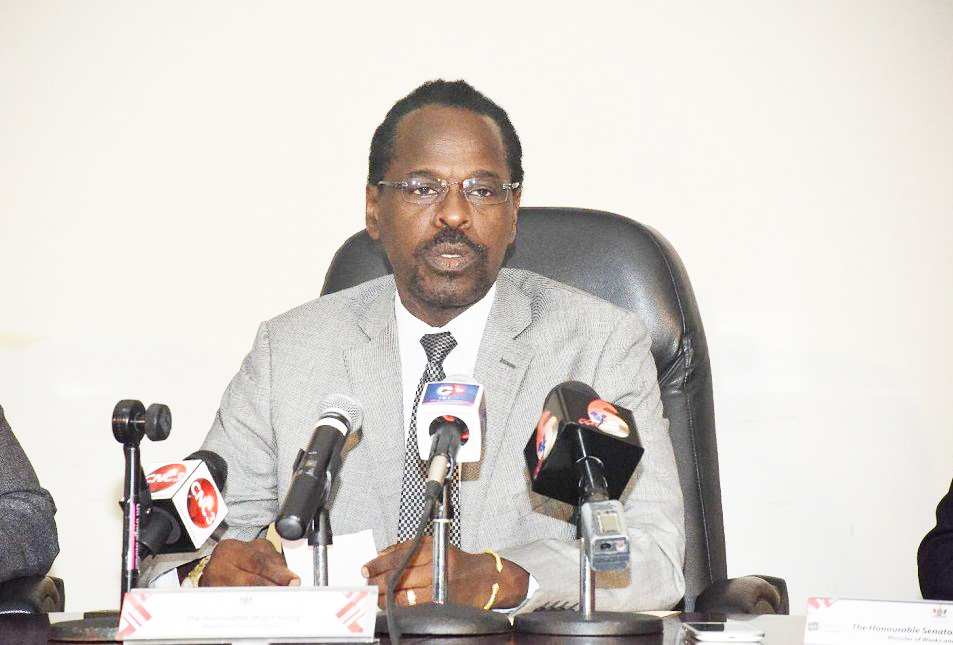(Trinidad Express) The Government is on the cusp of settling a memorandum of understanding (MoU) mechanism for Maritime Security Cooperation between Venezuela and Trinidad and Tobago to combat human and narcotics trafficking, migrant smuggling and other forms of transnational organised crime.
This is according to National Security Minister Fitzgerald Hinds in Parliament yesterday during the budget debate.
He said the Caricom Arrest Warrants treaty has not only been settled but there was a draft “in the atmosphere, thanks to the AGs of Barbados and Trinidad and Tobago who have been working with their counterparts in the region. We are on the cusp of settling that arrest warrant which will help us in finding our fugitives among our islands and elsewhere”.
In terms of border protection, Hinds said the re-outfitted, upgraded command centre at the Coast Guard, along with the Riverine Unit of the TTPS, should enhance the management of the borders from the shoreline. He said the country was in negotiation with the UNODC for the acquisition of a number of additional metal detectors, since weapons in this country were being hidden in “some of the strangest places” and some were even buried. “Metal detectors are critical in finding them to remove them from the hands of criminals and form part of the law enforcement stockpile,” he said.
Hinds said the Government was also negotiating to add more drones to be used in the management of the country’s border. He noted that in one week in September, 10,514 kilos of cocaine were seized and 5,744 pounds of marijuana from vessels in the maritime border. He said legislative amendments were being drafted to give the Forensic Science Centre the capacity to test for precursor chemicals.
Hinds said Trinidad and Tobago was successful in getting the Caribbean Crime and Gun Intelligence Unit to be located in Trinidad and Tobago, which would enhance intelligence driven regional investigations on operations against gun crimes.
He said the fixed and mobile scanners which are to be acquired in 2024 would “take us a long way in improving our port security.
He said to fight this crime scourge, the Government had to operate in a spirit of international cooperation and this was why the Government held a crime symposium in April. Hinds said societal morals had changed and that too many people were more likely or were appearing to be able to hide and protect and support wrongdoing. He added that there were those who feel that the laws as they now stand and the jurisprudence favoured the criminal rather than the victim.
He said the country was faced with seven “enduring threats to our safety, security and well being” — They were narco-trafficking, small arms and light weapons trafficking, irregular migration, including human trafficking, terrorism, cyber attacks, climate change and global health pandemics — and most of these threats manifested themselves in the business of transnational crime, in which expansive and well oiled organisations seek to “kill, destroy, extort, bribe, threaten even public officials and intimidate even public officials in order to have their way”.
With respect to the Fire Service, he said so far this year it had responded to 454 fires, including 84 non-residential fires. He said the Government had just acquired two water rescue vessels, as well as commissioned a mobile water system which would allow the Fire Services to draw water from any open source — rivers, the sea, swimming pools, wherever there is a water source.






